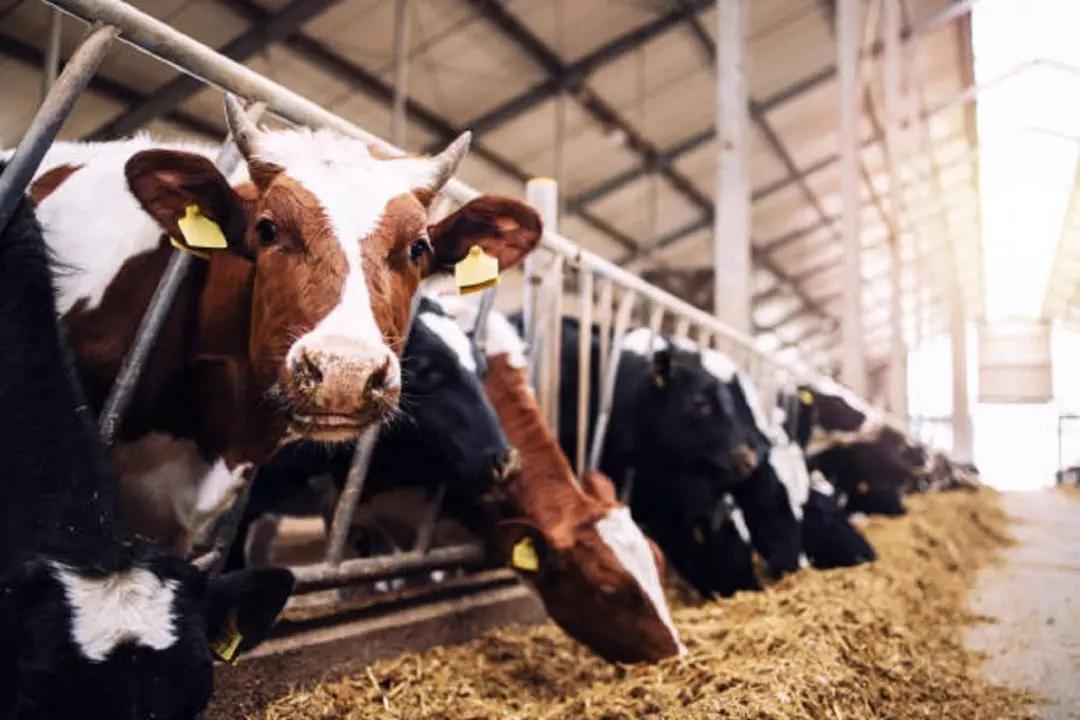Due to low rainfall during the monsoon season, Khojewadi village in Gangapur Tehsil faced water shortages. To address the issue of livestock, a fodder camp has been set up in the area.

Representational Image. Pic/iStock
Amidst water and food scarcity for animals in Chhatrapati Sambhajinagar, Maharashtra, a fodder camp has been set up, said local BJP MLA Prashant Bamb.
ADVERTISEMENT
According to the PTI report, during the recent monsoon season, the region received minimal rainfall, resulting in water shortages. To relieve the problem of livestock, a fodder camp has been created in Khojewadi village, Gangapur Tehsil.
Bamb indicated that each animal will receive about 10 kg of wet and dry fodder each day. Farmers are encouraged to register their cattle for placement in the fodder camp, which is projected to accommodate over 1,000 animals beginning Wednesday, stated the PTI report.
"We are arranging around 10 kg of wet and dry fodder for each animal every day. We also have appealed to the farmers to register the number of their cattle to be sent to the fodder camp, where nearly 1,000 animals will be kept from Wednesday," he told PTI.
Farmers will also have access to CCTV footage from the camp, allowing them to check their cattle's well-being remotely via mobile phones. This programme intends to reduce farmers' challenges while also ensuring the welfare of their livestock throughout the prolonged water and food scarcity.
Meanwhile, a report from the state's revenue department stated that in the Marathwada region of Maharashtra unseasonal rains have resulted in deaths of 150 animals and 10 persons in a span of a week since April 9.
According to a PTI report, the affected area included eight districts Jalna, Beed, Parbhani, Latur, Nanded, Dharashiv, Hingoli and Chhatrapati Sambhajinagar.
The report stated that the unseasonal rains that began on April 9 caused significant damage including loss of human and animal lives. It further stated that over 450 homes in 481 villages across the region have been destroyed in the rains.
Crop damage has also been significant, affecting around 5,256.86 hectares of land belonging to 9,127 farmers. According to the data, Beed district suffered the most agricultural losses, totaling 1,693.80 hectares.
 Subscribe today by clicking the link and stay updated with the latest news!" Click here!
Subscribe today by clicking the link and stay updated with the latest news!" Click here!







